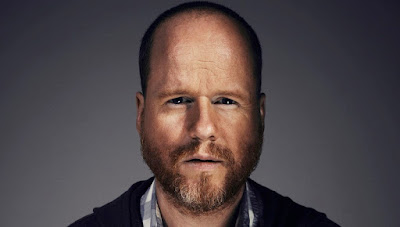Early Xmas Specials - Free Newsletter
Dear Fellow Writer, Here's a complete list of all the Easy Way to Write resources now on special offer , all re-packaged to make them super easy to download. If you'd like to purchase all of my writing resources in one extra special deal, go here. Click on any of the links below to access the special deals! The Easy Way to Write a Novel Fiction 101 The Writer and the Hero's Journey Romance Writing Writing for Television Horror Writing Complete Writers' Online Guide Fantasy Writing Bestseller Writing Copywriting Course Screenplay Writing Children's Book Writing Easy Cash Writing Autobiography Writing Nuts and Bolts of Writing Short Story Writing The Art of Story Thriller Writing Self Editing Writing Success Show Don't Tell The Write Stuff Character Creation Keep writing! THIS WEEK'S ARTICLE: How An Author Disappears From View Rob Parnell There's a difference between a...
